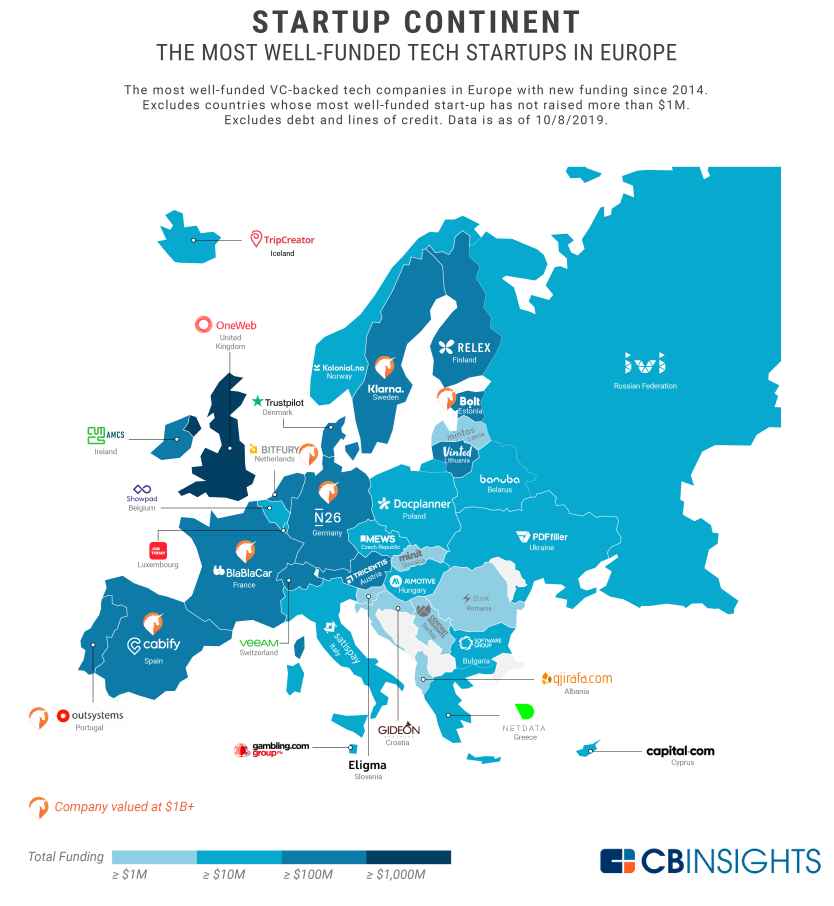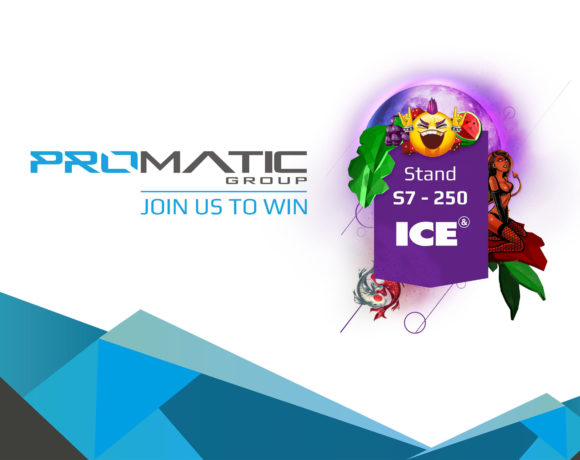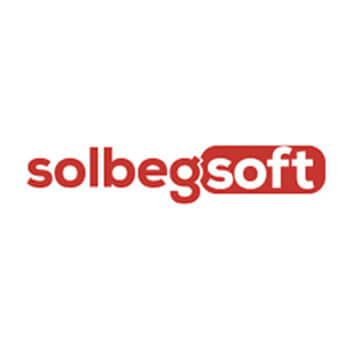Gambling Companies Poland
The global online gambling market is largely dominated by International Game Technology, GVC Holdings, Bet365, Scientific Games, Paddy Power Betfair, and William Hill. Based on the overall revenue of the top 10 online gambling companies in the world are: International Game Technology PLC: USD 4.83 billion GVC Holdings PLC (Ladbrokes Coral Group): USD 4.14 billion bet365: USD 4.03 billion. Until this update to the law, Poland has very strict rules regarding foreign investments in the gambling sector. Now, foreign investors who own a joint stock companies or limited liability company in an EU or EEA country can carry out gambling activities like: card and dice games, gaming machines, cash bingo, betting and lottery. Search Gambling & Gaming Companies in Poland Lead Generation and Sales Prospecting Made Easy ZoomInfo is the premier lead generation company. Gain access to the best database of targeted leads from Gambling & Gaming companies in Poland. Search for contacts or accounts by industry, job title, company size, and so much more.

The company is in a growth stage since the Polish market, with a population of 40 mil. People and low per capita spending in Betting games, has significant growth potential. Moreover, the acquisition of a dynamic network of agencies in the country is a very important factor for INTRALOT’s penetration in the Polish Betting market. Nintendo (Japan)- $63 Billion market cap. Largest Pure playing Gaming Hardware and Game Development company, Largest game company in Japan. Activision Blizzard (USA)- $55 Billion market cap. Largest Independent game company in the World, Largest in Americas and Europe. Electronic Arts (USA)- $38 Billion markey cap.
Though now a world leader when it comes to tech and video entertainment, Poland had a very low-fi intro to the industries.
“Under communism, we couldn’t visit our European neighbors, let alone the United States,” says Maciej Matyka, a physics professor at Wroclaw University. “So computers imported by Polish relatives, like Commodore’s VIC-20 or Amiga, became our passports to another world.”
Cassette games were mailed from abroad. Radio stations broadcast squeaks of code, which could be recorded, then played as video games. In lean times users had to develop their own titles using rudimentary code. In this socialist network, the seeds of Poland’s coding revolution were sown.

Out of a population of 39 million, 12 million Poles are now gamers – nearly a third of the nation. Each spends $65 per year on video games, 30% of that on their phones.
Those figures are dwarfed by global sales. The Polish gaming business nets 95% of its revenue from exports abroad – as PlayStation discs, Xbox games, PC downloads or mobile apps.
The most successful of these is “The Witcher” from leading Polish developer CD Projekt. A phantasmagoric cross between “Game of Thrones” and “The Hobbit,” the game’s most recent version clocked millions of sales a week, topping charts in most of the 100 countries it was released in.
Gambling Companies Poland Ohio
Like other Polish creations, “The Witcher” is as intelligent as it is entertaining. Our hero, Geralt of Rivia (imagine a morally ambiguous Thor with Donatella Versace’s hair), conducts insightful conversations with zombified children. Years were devoted to voice recordings alone, while the movie-style soundtrack was recorded in Germany by the Brandenburg State Orchestra.
In short, gameplay isn’t only about slashing orcs with swords, although “The Witcher” has its fair share of blood, mud and homicide. The writer of fantasy drama “Daredevil,” Lauren Schmidt Hissrich, signed up to produce a series of the show for Netflix in 2017.
Dr Matyka claims that tech teaching has placed Poland in the global gaming league. “Our math, computing and physics courses are genuinely among the best in the world.” In the global HackerRank, a worldwide programming league table, Krakow’s Jagiellonian University comes a close second to a Russian science school — far ahead of Cal Berkeley, Georgia Tech or any Chinese and Indian college.
The economics of Eastern Europe also help Poland’s 330 game development firms. The average Polish salary is $900 per month (it’s $3,300 in the US); entrance to Poznań Game Arena, one of Europe’s largest and most riotous video game festivals, costs $7, whereas tickets for the more sedate PAX gaming event in Boston cost $53.
Poland also hosts the Intel Extreme Masters, the largest eSports event in the world. Here combined crowds of 100,000 spectators watch players battle over a $750,000 purse in a digital universe during a three-day geekfest, held in the city of Katowice.
The Polish Cultural Institute New York evidently sees video games as an export star. That’s why along with the support of the Embassy of Poland in Washington it’s flying Dr. Matyka and his computing colleague Grzegorz Juraszek to MagFest this January to showcase demo-scene and conduct a live real-time coding workshop.
The offbeat tech fiesta features video musicians and gaming historians, as well as demo-scene demonstrations. The latter is the art of producing audio-visual shows on basic computers using the rawest of code. And Juraszek is a demo-scene demigod.
The demo-scene movement has its roots in the pre-WiFi world of home computing – the programable IBMs and Amigas that Poles were still using when the US had the latest Nintendo consoles.
The same anti-establishment ethos is purveyed by Indie gaming companies in Poland’s leading tech cities Warsaw and Krakow. A case in point is “This War of Mine” by 11-bit studios, released to global acclaim on PlayStation 4 and Xbox One last year.
Based on the Siege of Sarajevo in 1990s Bosnia, the strategy game controls civilians dodging hunger, snipers and other atrocities in a war-torn city. UK newspaper The Guardian called it “grueling but beautiful.” Like the rest of Poland’s most intelligent industry, it’s a long way from the thoughtless slaughter-fest “Call of Duty.”
This article is sponsored by Polish Culture Institute New York.
Best Polish Betting Sites
Most forms of online gambling are considered illegal in Poland due to strict anti-gaming laws that were passed in 2009, 2011 and 2016. The only form of legal internet gambling is sports betting and even with that there only four companies with licenses to offer it. Despite these harsh laws, online gambling is estimated to be a billion euro industry in the country.
For the longest time, Poland had no enforcement mechanism in place to target individual gamblers. At one point, Poland removed its prohibition of financial transaction services that serve the global gaming market. If you didn’t know any better, you would have thought online gambling was legal in Poland due to it being so easy to make an account, deposit your money and receive cashouts when you won.

Gambling laws passed in 2016 and enacted in 2017 have changed everything. Onerous new regulations and taxes combined with an internet blocking program have crippled the industry. Many Polish betting sites have left the country due to the regulations and taxes being simply unworkable.
Currently, Polish gambling law grants a monopoly over online casino games to Totalizator Sportowy but allows private companies to acquire licenses to offer online sports betting. The three largest state-approved sports betting sites in Poland include STS Sportsbook (sts.pl), forBET (iforbet.pl) and Totolek (totolek.pl).
Below are some sites that still accept Polish customers as of 2017. We will do our best to keep our list of betting sites in Poland accurate, but these sites could leave the country at any moment. Additionally, the government maintains an ever-growing blacklist of websites that are blocked by local internet service providers.
Polish Gambling Laws
Amendments to the gambling laws proposed in 2016 and implemented in 2017 have resulted in significant changes to the way the state addresses online betting. The amendments to the act cover a lot of ground, but the most important changes they brought was to legalize online casino and poker games in addition to sports betting.
Word of new legislation addressing online betting in Poland was met with optimism, but enthusiasm died quickly once the new regulations were actually unveiled. Sports betting, casino and poker operators all have good reasons to complain today.
Online sports betting remains legal in Poland and now operators have the ability to acquire a license, but are now on the hook for a 12% tax on betting turnover. A number of the largest betting sites that once served Poland have now left the market citing that the new tax would make it impossible to operate profitably.
The legalization of online casino games was likewise a welcome development – until the Polish government decided to grant a monopoly over online casinos games to the state-owned Totalizator Sportowy.
For a while, it seemed as though online poker was the only form of gaming to get a break under the new gaming laws. The 2016 amendments did not specifically name “poker” as subject to a state monopoly. However, it was later revealed that poker would be classified under the greater “casino” umbrella and also be restricted to the state-owned monopoly provider.
A report published in 2019 by the Polish Supreme Audit Office (NIK) found the state has yielded mixed results in channeling players away from illegal gambling sites and onto state-authorized sites. Government approved gambling sites and sportsbooks have made progress, but offshore operators still control more than half the market today.

History of Online Gambling in Poland
Poland didn’t always have such harsh gaming laws. The first piece of legislation to be enacted in modern times came with a 1992 law that sought to restrict the number of land-based casinos in Poland. The law wasn’t overly prohibitive; its simple goal was to keep gambling under control by placing limits on how many casinos could be built going forward.
Even as internet gaming hit its boom in the early 2000s, Polish law did not address online betting. This all changed in 2009 with the passage of the Gambling Law of 2009. The law banned all forms of internet gambling except for sports betting and made it an offense for a player to even participate in any form of gaming that wasn’t regulated by the state.
Gambling Companies Poland Ny
The part about fining players for patronizing unlicensed gaming sites is troubling. Up until recently, the government showed absolutely no interest in harassing individual gamblers. However, things took a sudden and drastic turn in late 2014 when the Polish government announced that it would indeed begin prosecutions against players. Even worse, there was no warning given ahead of time. The government statement revealed only that it already had the information of thousands of gamblers and would being proceedings against the biggest winners.
Amendments to the law were passed in 2011. These amendments set up the licensing process for companies to offer online sports betting to citizens. This did little to resolve the problems facing operators as it still outlawed most forms of gambling. On top of that, the license to offer sports betting was prohibitively expensive and required the company to be registered as an LLC in Poland, use a Polish domain and host its servers on Polish soil.
These amendments accomplished few real-world results. Only four companies obtained licenses to offer sports betting while many others continued to accept Polish customers without the proper licensing. That continues to this day with many big-name brands openly catering to Polish players.
Gamblers got a big break in March 2014 when Poland eased its restrictions on banking transactions to and from gaming sites. Under pressure from the European Union, Polish lawmakers decided to lift prohibitions that attempted to prevent citizens from using popular payment methods to fund their accounts.
The easing of those restrictions instantly made it easier for players to fund their accounts and receive withdrawals from unlicensed gaming sites. Once again, we had a fully functioning quasi-legal online gambling market in Poland. Players could visit dozens of sites to play poker, bet on sports and play casino games without any worries about getting paid.
This left internet gambling banned in Poland amidst a backdrop of unclear and sporadically enforced laws. Most wagers placed online in Poland are placed with offshore gaming sites despite the legal risk now posed to individual gamblers.
In June of 2014, Polish lawmakers published a new draft of amendments to the Gambling Law of 2009. These new amendments sought to streamline the application process for betting sites, allow foreign operators to obtain a license and require bookmakers to ensure they verify the age and identities of their customers.
However, things took a turn for the worse in November of 2014 when the Ministry of Finance announced that it would begin enforcing laws that target individual players. In a statement posted to the MoF website, authorities said that they had collected the information of more than 24,000 people who have accessed unlicensed gambling sites and would begin criminal proceedings against 1,100 of those people.
It remains unclear what (if anything) happened to those players on the list, but the announcement send shockwaves throughout the industry regardless. It showed that the government is serious about cracking down on unlicensed Polish betting sites and has the will to enforce the law.
Positive developments in 2016 made it look as though the online gambling situation in Poland could be on the verge of improving. In May of 2016, a Deputy Prime Minister held a press conference in which he expressed his desire to legalize and tax online poker.

Jaroslaw Gowin also proposed relaxing licensing requirements in order to open the Polish market to international betting sites. Gowin’s argument favour of his proposal were simple: make it easier for operators to acquire licenses so the government can actually attract operators who will then contribute taxes to the treasury.
Positive developments failed to materialize in 2017. If anything, the situation grew worse as an increasing number of sites chose to leave Poland altogether rather than deal with the burdensome regulations and senseless taxes.
On top of that, foreign sites that do choose to serve Polish customers without proper licensing are subject to internet censorship. A blacklist of gambling websites maintained by the Ministry of Finance includes a growing number of websites that internet service providers were required to block beginning 1 July, 2017.
That list swelled to more than 800 websites within one month of going live. New websites are added to the list every day and Polish ISPs have no choice but to comply. Local ISPs are given 48 hours to block access to blacklisted domains or else face a 250,000 PLN fine per incident.
Zloty Banking Methods
Polish gamblers never had a very hard time making deposits, but things got even easier in 2014 after the government eased its restrictions on financial institutions. Now, there are dozens of payment methods that can be used to fund your account and receive cashouts for your winnings.
E-wallets such as Skrill and Neteller are accepted by nearly all gaming sites and accept PLN transactions. You can also use your credit or debit card, bank wire, Trustly and Entropay. If you don’t want to reveal your banking information or you simply prefer cash, you can purchase Ukash vouchers or Paysafecards and then redeem those online.
Przelewy24 by Skrill works with all the major banks in Poland and can be used to send money straight from your bank account to your gaming account instantly. Some of the supported banks include Bank BPH, Bank Nordea Poland, Zachodni WBK, BGZ, Citibank Handlowy, INGBank, Deutsche Bank PBC and many more.
Gambling Companies Poland Maine
The Polish gaming market shows all sorts of potential despite confiscatory tax rates and operators that choose to remain are going to great lengths to cater to it. They want it to be easy to deposit, easy to withdraw and easy to play. Several of the largest sites (such as those listed above) even have Polish language versions of their websites. All you have to do is pick one and sign up for an account.